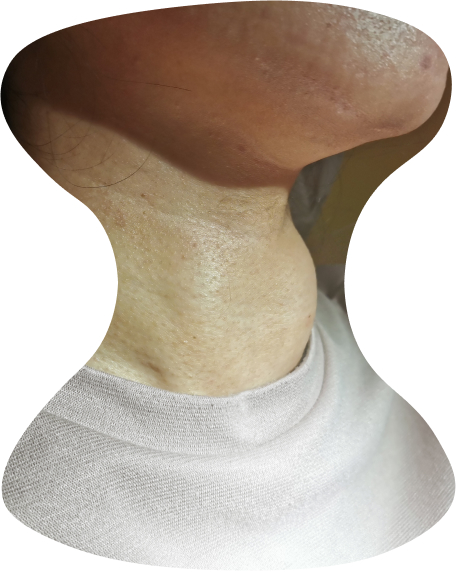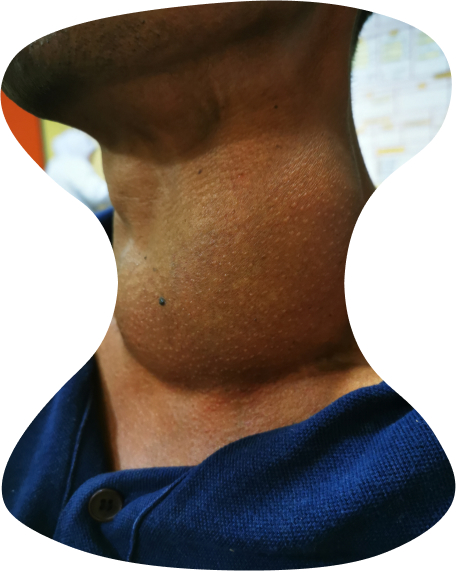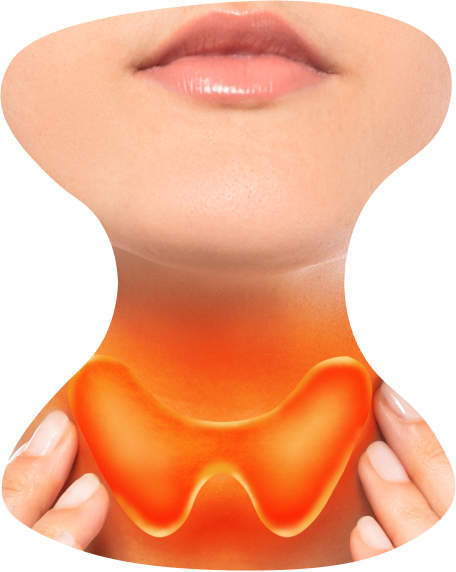Menu

Located at the front of the neck, the thyroid gland plays a crucial role in tissue metabolism and development. It produces the hormones thyroxine, commonly known as T3 and T4, which have widespread effects throughout the body. Many individuals become aware of thyroid disorders when they start experiencing a range of symptoms.
Thyroid conditions persist for a lifetime, but they can be managed with appropriate treatment. Fatigue is a frequent indicator of thyroid imbalance. If you notice any such symptoms, it is advisable to consult Dr. S. Ramkumar for a comprehensive evaluation.
Hypothyroidism arises when the thyroid gland does not produce sufficient thyroid hormone, leading to a variety of symptoms.
This condition is prevalent among adult women and manifests in three primary forms:
In Newborns


Hyperthyroidism occurs when the thyroid gland produces excessive thyroid hormones, which can result from various conditions:
Thyroiditis refers to the inflammation of the thyroid gland, which is situated at the front of the neck. This condition can be classified into several types:


A goitre is characterised by abnormal enlargement of the thyroid gland, which can manifest as overall swelling or the presence of nodules. Types of goitre include:


Thyroid nodules refer to fluid-filled or solid lumps that form within the thyroid gland, located at the base of the neck. The various types are:


Congenital hypothyroidism is a condition in which the thyroid gland does not develop or function correctly. In approximately 80-85% of cases, the gland is either absent, underdeveloped (hypoplastic), or misplaced.
In the first trimester of pregnancy, the development of the fetal brain depends significantly on thyroid hormones from the mother. Insufficient levels due to hypothyroidism can irreversibly impair fetal development.
